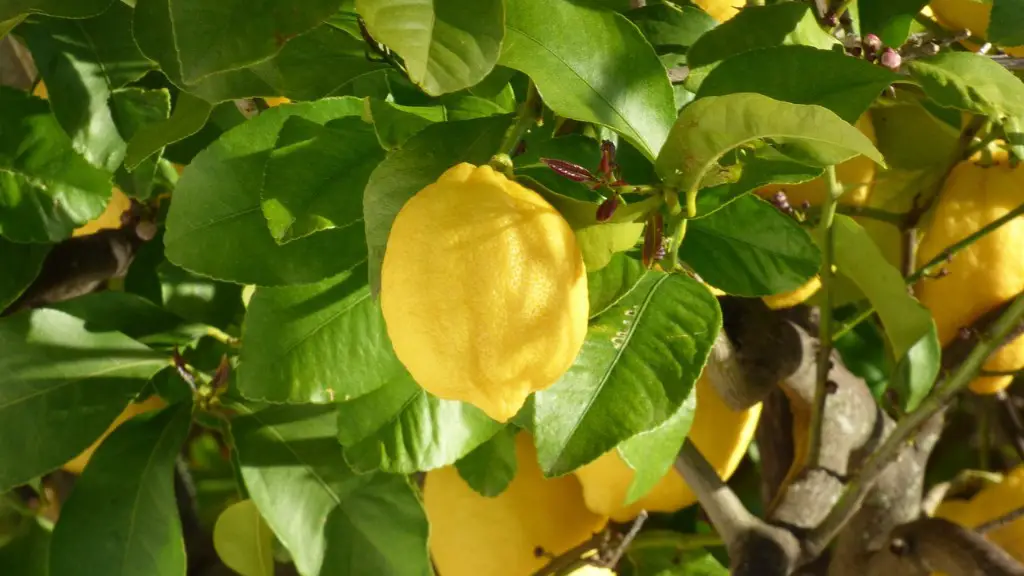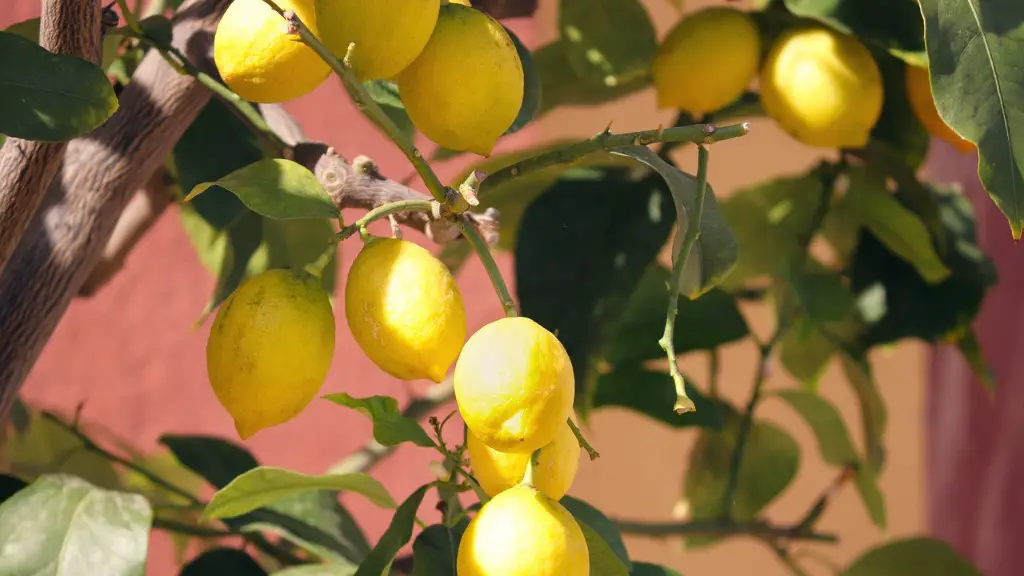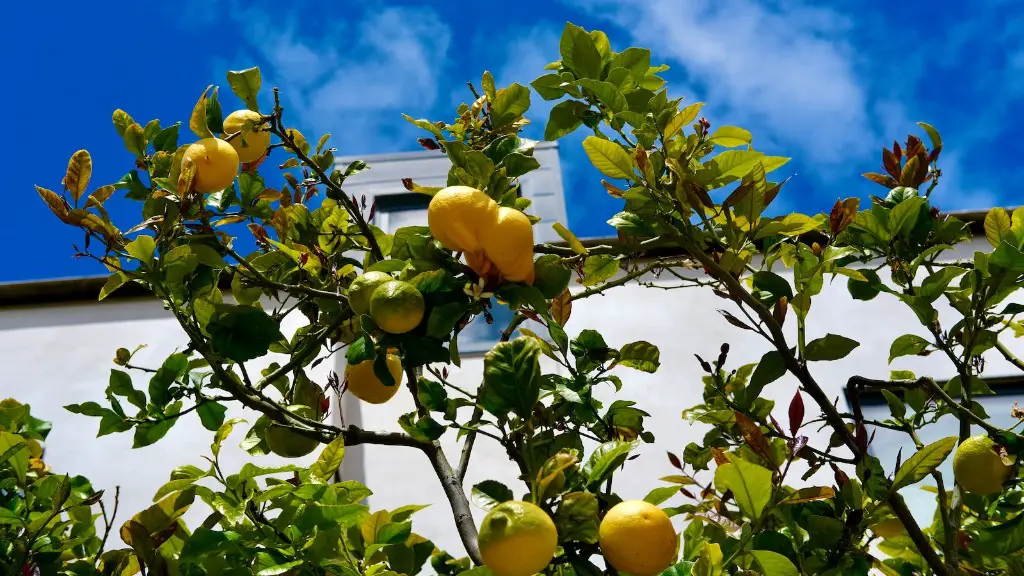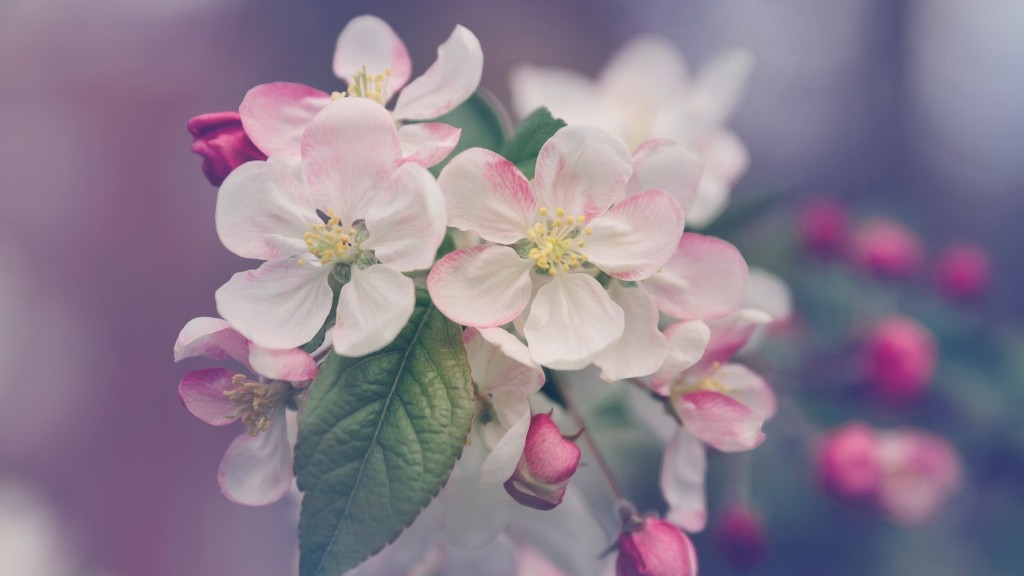Lemon trees are notoriously difficult to grow, especially if they lose their leaves. This is a common problem, among the few that can lead to a tree’s demise. The tricky thing is that there can be multiple causes, making it hard to know exactly why your particular lemon tree might be losing its leaves. In this article, I will analyze the potential underlying causes of why your lemon tree has begun to shed its leaves.
First and foremost, a lemon tree needs plenty of sunlight. If it does not get enough, it could start to lose its leaves. Other environmental conditions, such as a lack of air circulation or water, can also affect the tree’s health. Too little fertilizer or even pest infestations could lead to leaf loss.
On the other hand, some of the most common reasons for a lemon tree’s leaf shedding could be related to its root system. Chances are, if the tree was planted in an area of poor-draining soil, or with too little or too much water, it could be suffering from either dry or wet root rot. Additionally, if the lemon tree is being grown in a pot, the root system might not have enough space to grow.
Finally, it’s important to ensure you are taking proper care of the lemon tree. When pruning, it’s critical to properly sanitize the pruners between cuts. Also, it’s beneficial to hose-off the leaves, in order to prevent dust build-up, which could restrict air circulation. Furthermore, the tree should never be subjected to too much of any type of chemical.
Light
First and foremost, a healthy lemon tree needs lots of light for photosynthesis. If it’s not getting enough, the tree will start losing its leaves. The amount of sunlight needed also depends on the variety, but generally speaking, it should have a minimum of four to six hours of direct sun per day.
It’s also worth noting that if a tree is exposed to an abundance of artificial light during the nighttime hours, such as bright street lights, they can also disrupt the tree’s natural photosynthesis cycle. As a result, the tree can become stressed, which subsequently stunts its growth and leads to leaf loss.
In some cases, the tree could become even more sun-stressed if it’s planted in an area that receives too much direct sunlight. It is likewise essential to turn the tree in order for all its branches to receive light. If the tree isn’t rotated regularly, the branches on the side that is usually facing the sun will not get enough light and will become weak, causing them to drop leaves.
Water
Lastly, water is also an essential factor in lemon tree growth. It’s important to make sure there’s enough moisture in the soil, but too much water can create root rot. It’s generally advised to water the soil in the evenings once a week or, if it’s dry or hot, twice a week. You should also avoid pouring water directly on the tree’s leaves as it can cause fungal problems.
The type of water you use also matters. Tap water may contain too many minerals for a lemon tree, and the chlorine can be harmful. It’s best to use rainwater, spring water, or water that has been allowed to sit for at least 24 hours in order for the chlorine to evaporate.
It’s also possible that the water you’re using is too alkaline or too acidic. The ideal pH level is between 6.0 and 7.0. If you’re unsure of the pH level, it’s possible to purchase soil testing kits in garden centers and hardware stores.
Environmental Factors
Environmental factors, such as inadequate air circulation or extreme temperatures, can also be detrimental to a lemon tree’s health. Make sure your tree is sheltered from wind and harsh weather conditions, as they can cause leaves to drop. If you’re growing your tree inside, be sure to let in plenty of fresh air when you can.
It’s also possible that the tree could be suffering from a pest infestation, particularly if it’s grown outdoors. Aphids can be a major issue and can lead to leaf drop if provided with the right environment. To prevent any problems, inspect it regularly for any signs of diseases or pests. If any are found, quickly respond to them with a proper insecticide.
Fertilizer
Fertilizing your lemon tree is also important in order to keep it healthy. In general, lemon trees need both pH balanced and nitrogen-rich fertilizer. If the tree has yellow leaves, it likely indicates nitrogen deficiency. On the other hand, if the tree is growing too fast, it indicates too much nitrogen. Too much fertilizer can also burn the roots, leading to leaf drop.
For best results, it’s important to use the right type of fertilizer at the right time of the year. Keep in mind that the tree should be fertilized every three to four months in the growing season. It should also be done after it flowers and fruits, but be sure to reduce the amount of fertilizer used at this time. Additionally, always be sure to water the soil before applying the fertilizer.
General Care
It’s also important to take proper care of your lemon tree by pruning and cleaning it regularly. Pruning helps keep the tree in shape and helps control the growth of the tree. It’s especially important to prune it during the winter months, when it enters its dormant season. When pruning, don’t forget to properly sanitize the pruners between cuts.
Lastly, it’s also beneficial to hose off your tree’s leaves on a regular basis. This will help avoid dust build-up, which can restrict air circulation and lead to pest infestations. It’s also key to be aware of any unusual behavior or changes in its appearance.
Chemicals
It’s also important to be mindful of any types of chemicals the tree may be exposed to. Fungicides, herbicides, pesticides – regardless of the type – should only be used as a last resort and only when advised by a professional. It’s key to remember that using too much of any chemicals can damage the health of the tree.
In conclusion, there can be many possible causes that could be behind why your lemon tree has begun to shed its leaves. It’s important to analyze all of the factors associated with the tree’s growth, take proper care of it, and use the proper fertilizer and water. Additionally, it’s equally important to use pesticides and other chemicals in moderation, and ensure the proper environment for optimal growth.




